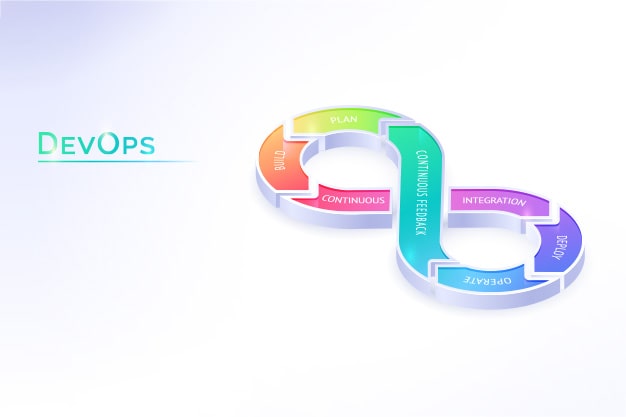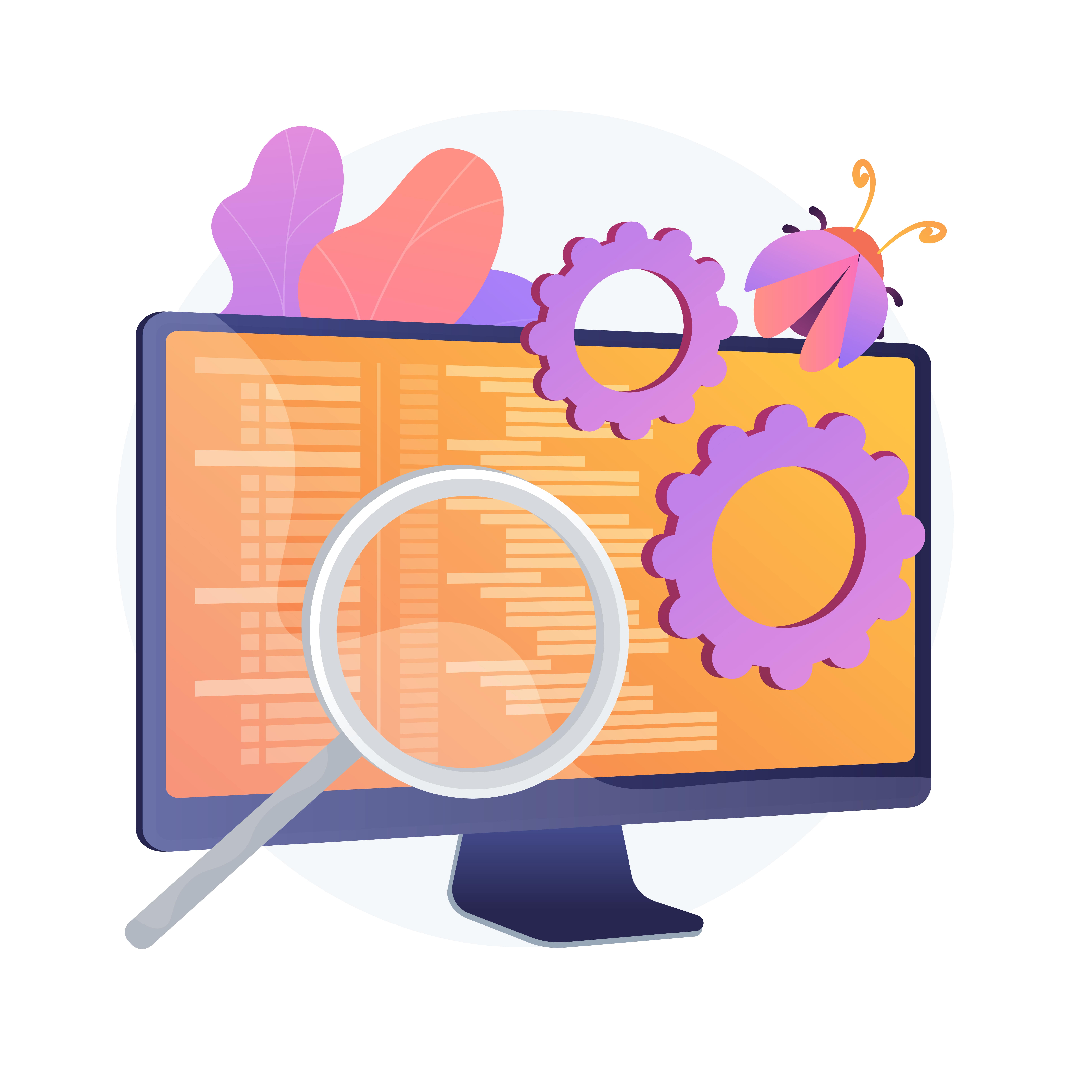
Who can learn Clinical SAS?
In recent years, the use of a statistical analysis system (SAS) in clinical trials has yielded significant results. This integrated software package provides an essential overview of different clinical trial scenarios, defines analytical datasets, and provides the basis to support strategic analyses such as cross-sectional studies and advanced safety analyses. SAS Clinical automates the repetitive tasks associated with clinical trial data integration, enabling you to achieve speed and efficiency in conducting clinical trials.
What is SAS?
Approximately 118 countries use Statistical Analysis Software (SAS) to perform advanced analyses. The software performs menu-driven or command-driven processing. It is a proprietary programming language that controls the execution of its outputs. SAS has become the leading and largest independent provider of business intelligence software for data visualization and statistical analysis for the Windows operating system.
Benefits of SAS course
The SAS course has many benefits, so let's take a closer look.
Skill in demand
In a list of the "21 Most Valuable Job Skills Today" compiled by MONEY and Payscale.com, SAS Analytics was at the top of the list with an average salary increase of 6.1%. Given the enormous amount of data generated today and the tremendous advances in software, the ability to organize, analyze and apply data is one of the most valuable skills employers are looking for. The survey cites "specific skills (among about 2,300 people) that are linked to higher salaries, promotions and career opportunities." Data mining and data modeling performed by SAS are also highly valued.
Get granular or stay general
SAS certification programs cover a wide range of topics. From artificial intelligence and machine learning to basic programming, you can find the certification that's right for you. Learn more about the SAS Global Certification Program You can start with a specialist-level certification and progress to the professional level. Or, if you want to earn the coveted title of SAS Certified Data Scientist, join the SAS Data Science Academy.
Demonstrate your knowledge
There's no better way to demonstrate your knowledge in a specific field than by completing an accredited training program and earning a certification. In fact, SAS certifications are useful for all skill levels. Experienced SAS users can learn more and earn a formal certification to prove their knowledge. New SAS users can learn the fundamentals and advanced techniques needed to master SAS and earn a certification that shows they are ready to take on the SAS role.
Recognition as a SAS Professional
When you pass the SAS certification exam, your name will be added to the official list. Even people with years of experience cannot be added to this list without qualification, and SAS Global's directory of certified professionals allows employers to verify candidates' qualifications.
SAS experts typically earn a six-figure salary.
According to Glassdoor, the average base salary for SAS analysts in the US is $76,410 (March 2018). According to Payscale, the average SAS analyst salary is USD 69,746. According to Indeed.com, the average SAS developer salary is USD 85,951. Needless to say, the average salary of SAS analysts and/or SAS developers is typically six figures, and these are only entry-level jobs. With more experience and depending on various other factors, these amounts can increase significantly.
Become a recognized expert in your field
By becoming SAS certified, you will automatically be listed in the official global directory of SAS Accredited Professionals, allowing you to demonstrate your competence to potential employers. It also opens up potential employment opportunities, as the directory can search for individuals with specific SAS certifications in specific locations. Users can find individuals with any level of SAS certification in the directory. If you really want to work in SAS data analysis, you should definitely be listed in this directory. No matter how many years of experience you have, you cannot be included in this directory unless you have officially obtained SAS certification.
Career Growth is great
A SAS programmer or analyst is an entry-level position that involves working with raw data and performing some statistical analysis. The next step is Senior Analyst, Principal Analyst, and then you can take on the role of Senior Manager, Deputy Manager, Director, or even Vice President if you have management qualifications and/or experience. These indicators vary from industry to industry, of course, but they are a good indication of the growth you can expect.




.jpg)












































